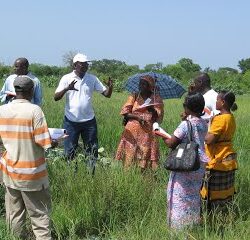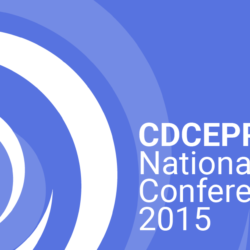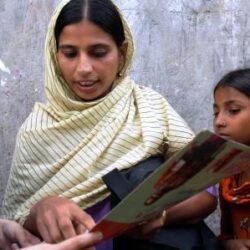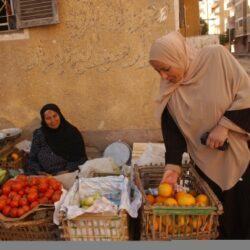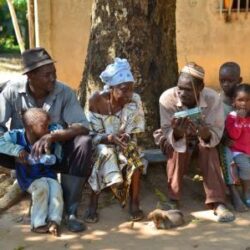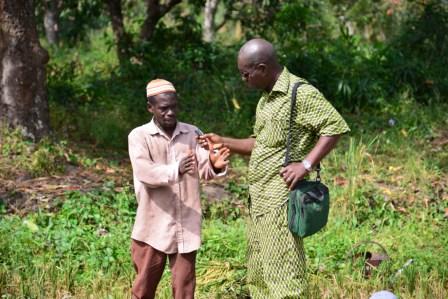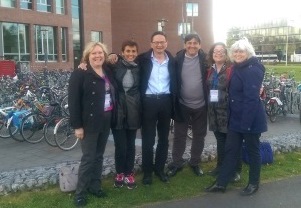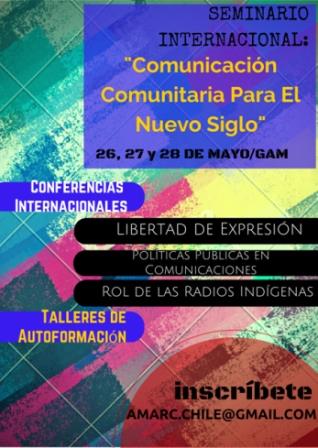Evaluating the evidence base of RCS
With the aim of increasing the body of literature on Rural Communication Services (RCS), a group of leading universities in the field of rural communication has partnered with FAO under the umbrella of the Forum on Communication for Development & Community Media for Family Farming (FCCM). The academics involved – from the University of Guelph, University of Reading, Wageningen University, University of the Philippines Los Baños, and the University of Queensland – have

